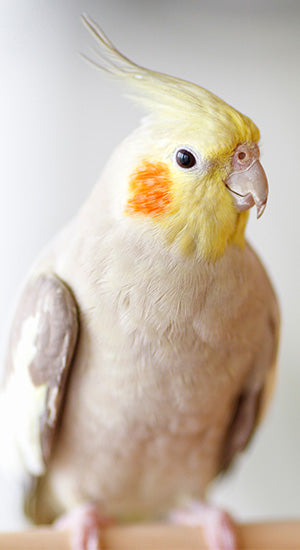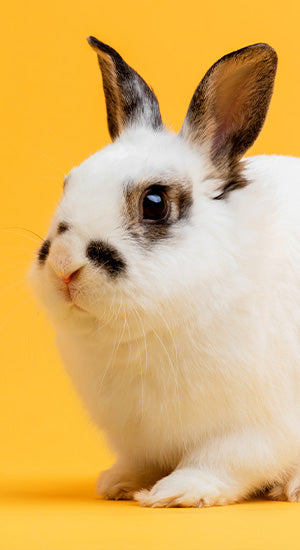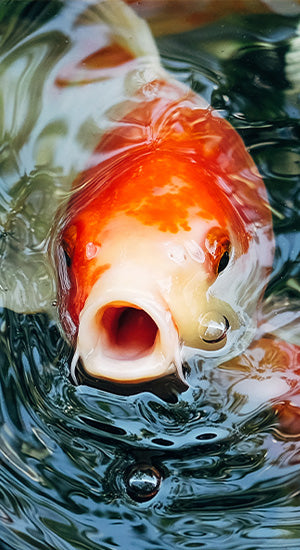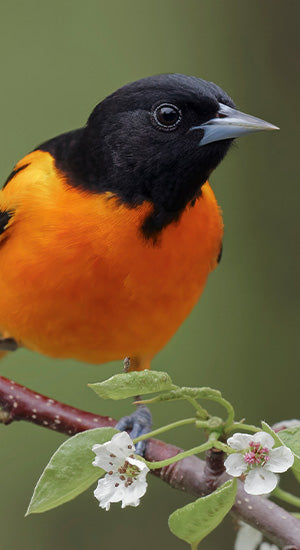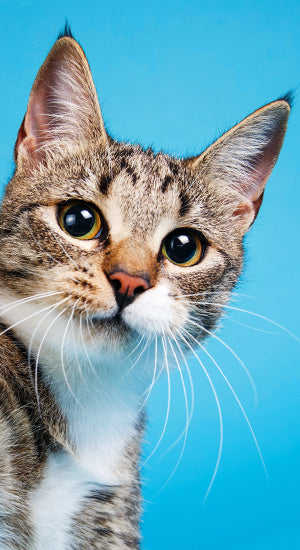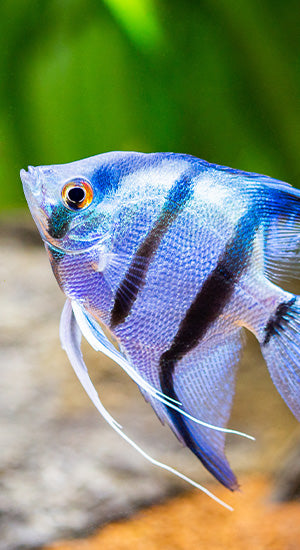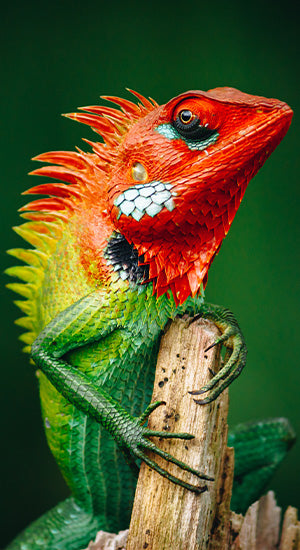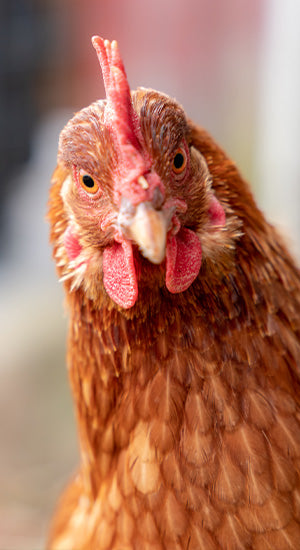Sunflower Seeds Aren't As Sunny As They Seem
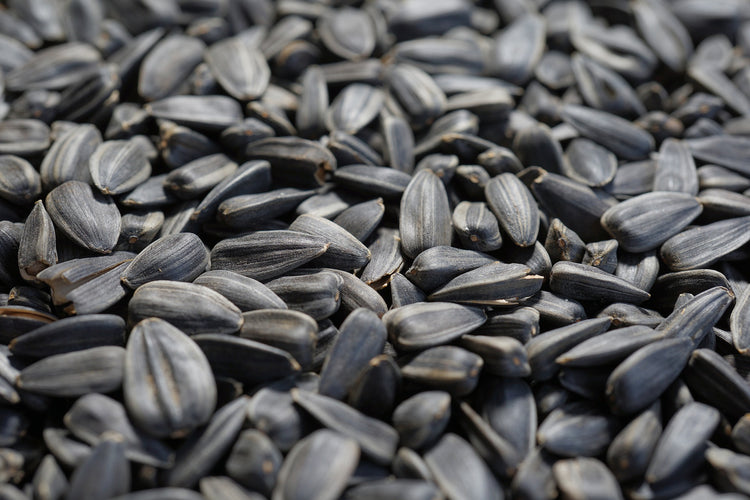
Whether you’re picking a treat for your bird, or deciding on a daily diet for them, it seems that sunflower seeds are in just about everything seed related. If they’re so popular then they must be healthy, right? Wrong! Sunflower seeds are excessively high in fatty oils, often being more than 50% oil by weight. On top of this, the only nutritional benefit of them is really being a decent source of vitamin E and selenium, which can be provided in other ways. The reason sunflower seeds are so popular is that birds like to eat them, and they are very cheap to produce. Sunflower seeds are addicting, and it isn’t uncommon that birds eating mixes with sunflower seeds will eat only the sunflower seeds. Even as a treat they are not to be considered a good choice, or a choice at all. Smaller birds like budgies, lovebirds, and conures from the genus Pyrrhura should never be fed sunflower seeds, as the amount of oil is very hard on the liver over time. Larger birds, like Aratinga or Poicephalus species and up, will not be affected as negatively, but it is still not advisable to feed them sunflower seeds.
Because sunflower seeds are so addicting and full of oil, it isn’t unfair to compare them to potato chips. While the oils present in the seeds are admittedly healthier, to an extent, oil is oil. Based on rough calculations, it can be assumed that one sunflower seed is for a Green-Cheeked conure comparable with half a bag of potato chips for an adult human. So with this number it can be shown that just two sunflower seeds is about the same as a whole 235g bag of chips. To calculate for a training session it was decided that five sunflower seeds in total was fair, this equates to a little more than two-and-a-half bags, and for a bird eating a seed mix that includes sunflower seeds a quantity of 18 was used - that’s over 9 bags of chips, in one sitting. Even if these numbers are not perfectly accurate, it is easy to see why a small bird consuming sunflower seeds may be more of an issue than people think, even if it is just an occasional treat.
The excessive fat in the bird’s diet puts them at high risk for fatty liver disease. Fatty liver disease is very common in smaller birds such as budgies, cockatiels, and some conures which consume predominantly high-fat seed diets. Often FLD goes hand-in-hand with malnutrition, as the birds tend to eat one kind of seed only. Often this is sunflower seeds. The combination of fatty liver and malnutrition leads to medical issues such as lowered blood calcium, obesity, vitamin A deficiency, and compromised liver function. Fatty liver disease can be, and often is, deadly. If caught in the early stages it is very treatable and the majority of birds regain proper heart and liver function. Ideally, with a proper diet, the disease can be prevented altogether.
As mentioned, sunflower seeds do offer respectable amounts of vitamin E and selenium. Although these are important for the health and wellness of your bird, they can be sourced much healthier, so the pros don’t outweigh the cons here. Other, healthier sources of vitamin E can be almonds, pine nuts, red pepper, kiwi, or turnip greens. Alternative sources of selenium include cashews, bananas, brazil nuts, and lentils. Keep in mind that if a bird is eating a balanced, pellet-based diet there should not be issues with keeping adequate vitamin E or selenium levels.
So now you know that sunflower seeds aren’t a good choice for food or treat, but what can you use instead?
Star Anise
(0.76 bags of chips per 8-seed pod)
Star anise is a fantastic treat to offer your bird for training. Not only is it considerably lower in oil than sunflower seeds, but its health benefits are a factor in its inclusion as an alternative as well. Star anise has been associated with supporting respiratory health, as well as the digestive and urinary systems. It has antimicrobial and antibacterial properties, and when whole it may have stimulant properties. Be sure the star anise you are feeding is the species Illicium verum, as Illicium anisatum is poisonous.
Cashew Nuts
(6.9 bags of chips per nut)
At first glance this may look considerably less healthy than a few sunflower seeds, and you aren’t entirely wrong. The big difference that validates cashews over sunflower seeds is that the fatty oils in cashews are significantly less taxing on the liver. That said, this is still a lot of fat, and so cashews should not be a frequent treat. If using a cashew for training, break it into small pieces. Ideally a 65g bird will not consume more than half a cashew in one sitting. Cashew nuts are also a good source of magnesium, selenium, and antioxidants. *DO NOT FEED BIRDS SALTED CASHEWS*
Safflower Seeds
(0.14 bags of chips per seed)
Even when multiplied by 18 for a mock situation where your bird is eating a millet-based seed mix that has safflower in it the number is only 2.6 bags of chips. While this number is still not great, it is hardly even comparable to the sunflower’s 9.37 bags for the same quantity of seeds. Safflower seeds can be used as a training treat as well. They are a decent source of iron, calcium, and potassium.
Almonds
(6.76 bags of chips per nut)
Similar to the cashew nut, this looks like it would be way worse than a couple sunflower seeds. Once again, the thing that makes almonds a better choice is that the fatty oils don’t seem to be as hard on the liver. Also similar is that an almond would most likely be broken up into small, treat-sized pieces and so it is easier to control the birds intake. Additionally, almonds are a source of vitamin E, riboflavin, and magnesium. This makes them a “healthy treat”. *DO NOT FEED BIRDS SALTED ALMONDS*
Spray Millet
(0.135 bags of chips per bud)
Spray millet is a very popular treat for many kinds of birds, and it's one you should consider as your training treat of choice. One entire bud, which is covered in the little seeds, is roughly equivalent oil-wise to one safflower seed. Not only does it check off the treat box, but there is the added bonus that your bird gets to pull it apart. Spray millet is an excellent source of fibre, B-vitamins, and many minerals including manganese.
If your bird has been eating sunflower seeds for a portion of its life and falls into the category that should not be eating any sunflower seeds there is no need to panic. Just simply refrain from feeding sunflower seeds any further, and use the alternative options instead. If your bird is of a species that can handle some sunflower seeds then feeding dandelion greens may be beneficial as they help to cleanse the liver.

